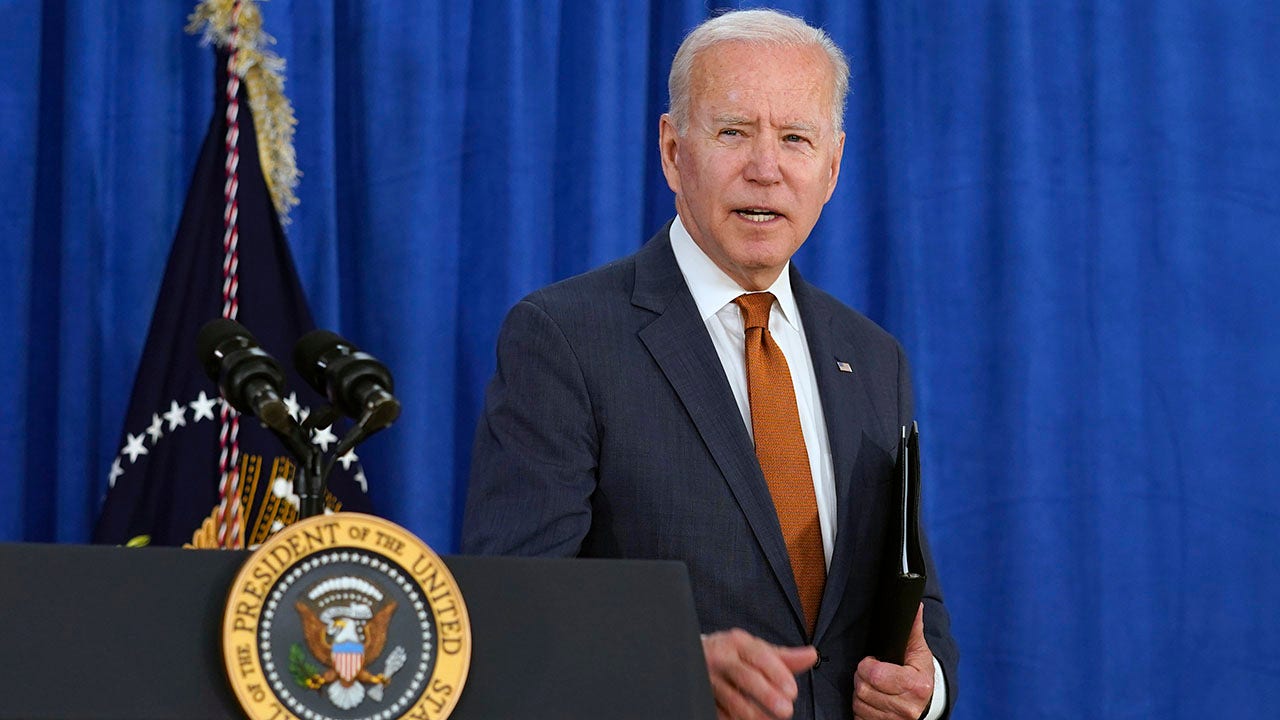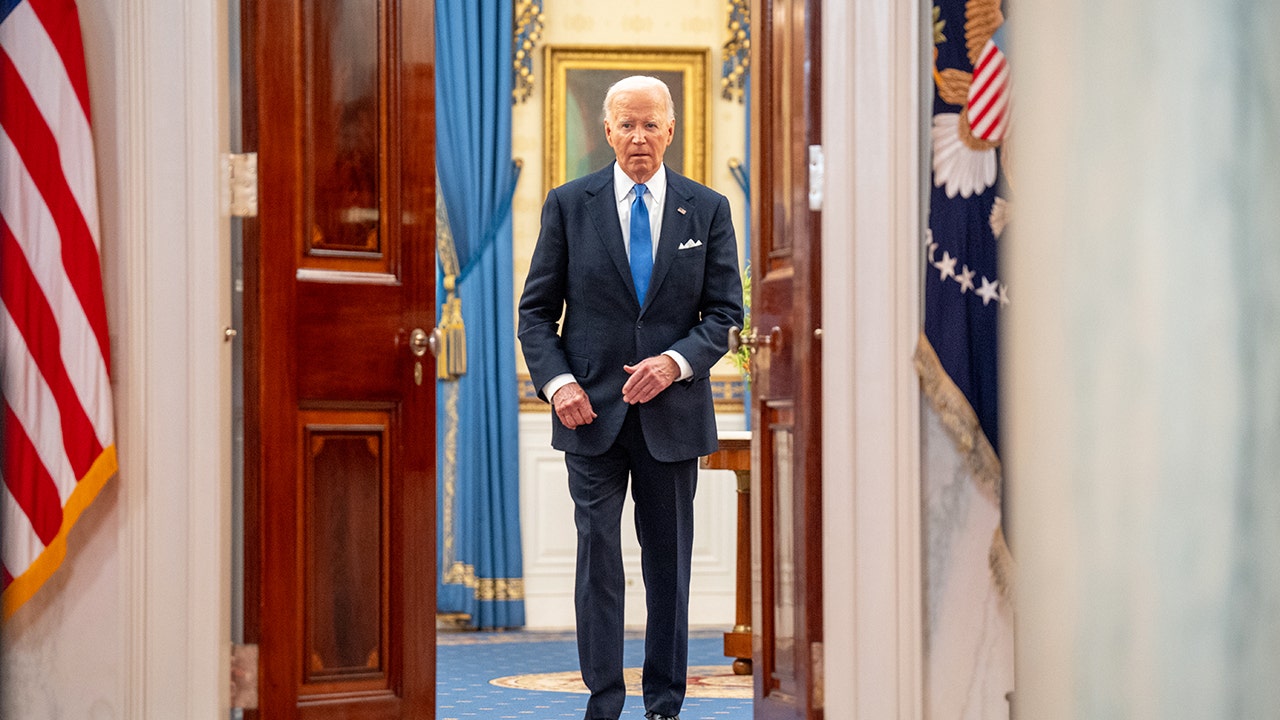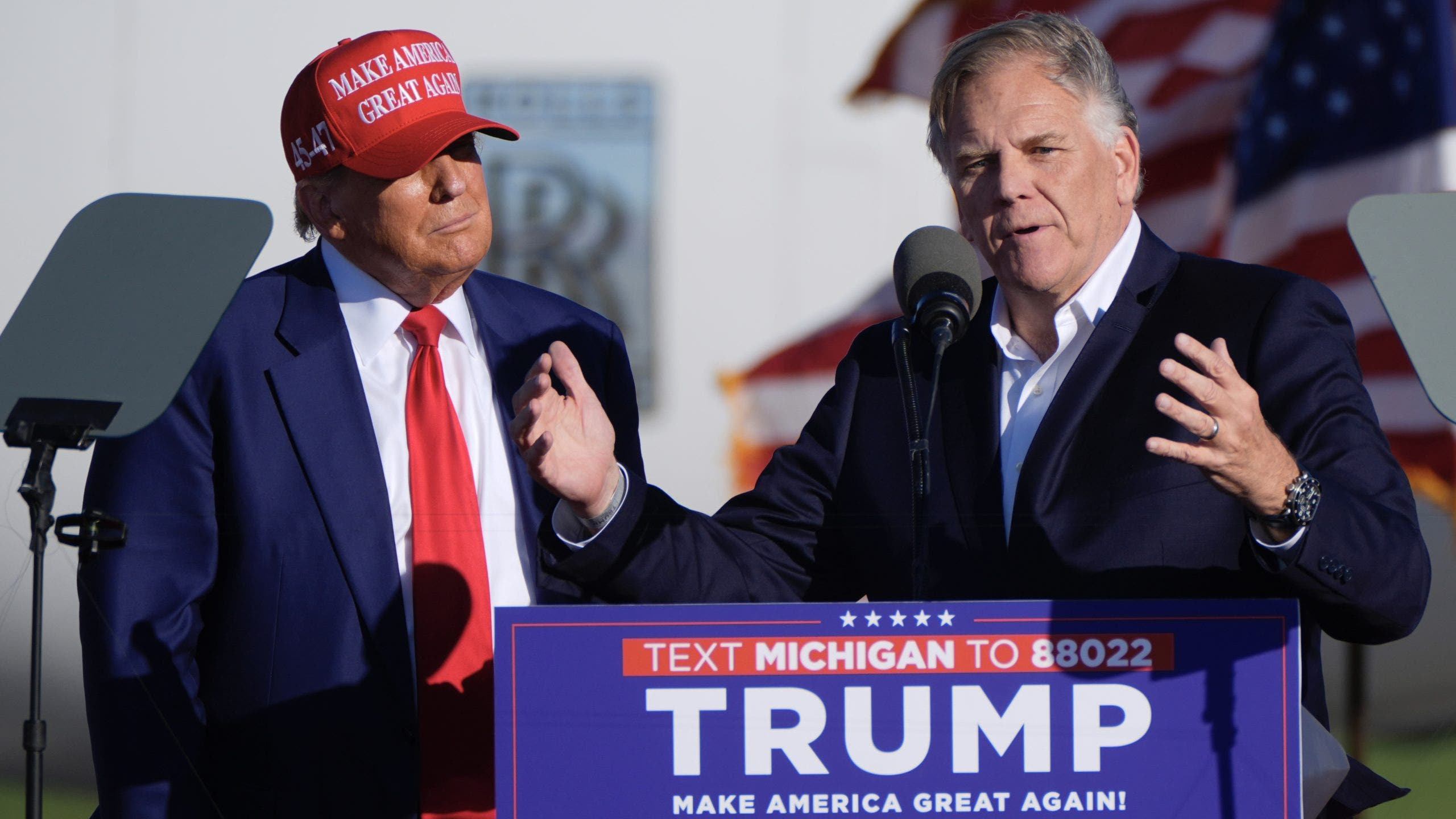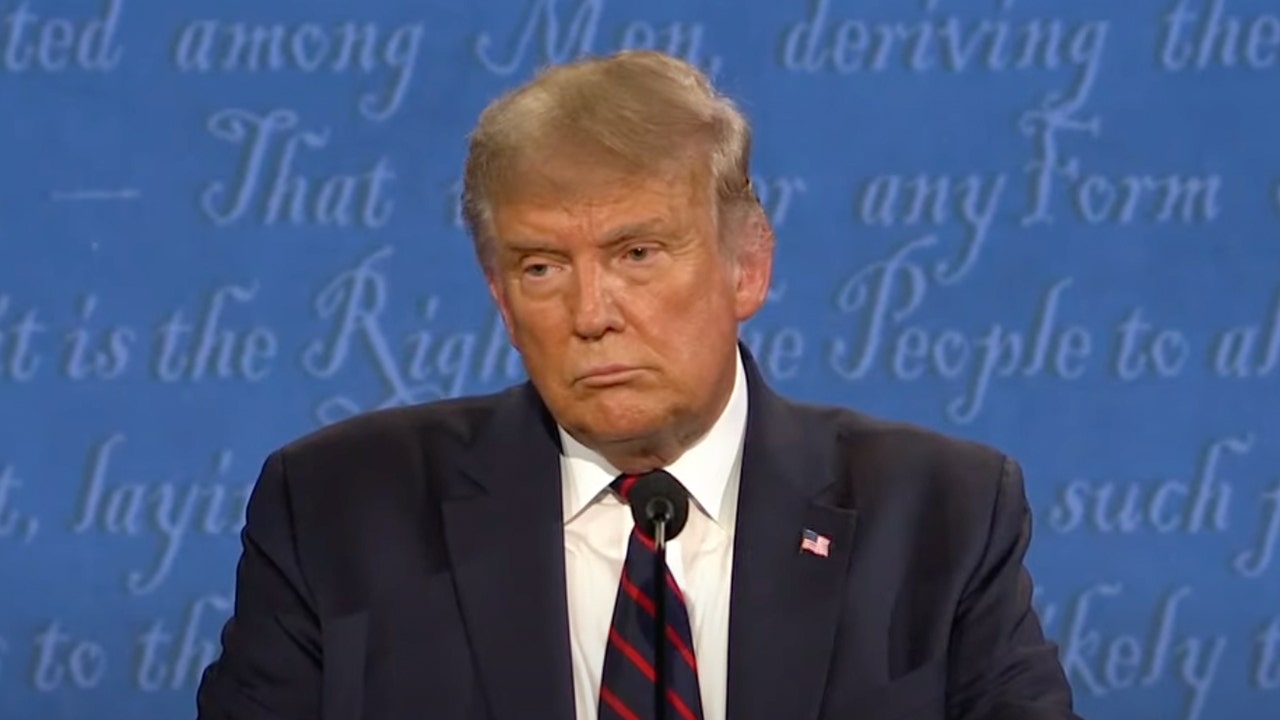Political narratives are extremely hard to shift once they have set. There are still people who erroneously attribute Labour’s 1992 election defeat to Neil Kinnock’s over-exuberance at a party rally. Now, as the Conservative party digests the most unpalatable result in its entire history, the first battle will be to set the official version of why they lost. And since this is central to the looming leadership contest, the fight has already begun. In fact it started well before the election.
Where all agree is that this week’s loss marks the collapse of the broad, contradictory and probably unsustainable coalition assembled by Boris Johnson after Brexit, which brought white working class and Leave-supporting voters into the Tory tent alongside successful liberal-minded globalists.
But there, the debate starts. On one side are those Tory rightwingers like Suella Braverman and David Frost, who argue that on tax, immigration and net zero, the party abandoned its core voters, opening up the space for the success of Nigel Farage’s Reform UK.
For them the wipeout is entirely explained by a split on the right. In this account Rishi Sunak is a woke, Tory left-winger whose ideological betrayal was compounded by his ineptitude in calling the election before it was necessary and running a disastrous campaign.
The more convincing counter-narrative is that voters felt worse off and were repelled by a government they concluded was incompetent. Defeat was sealed by the Covid lockdown breaches of Johnson’s Downing Street and Liz Truss’s mini-Budget.
Having already lost liberal-minded voters over Brexit, they then lost their new coalition of voters too. But while this explanation makes more sense, the party still needs to heal the split.
Traditionally the Tories would simply move a notch to the right and steal enough of Reform’s clothes to regain their supporters. However, this new opponent will not easily let itself be out-righted. Each move right will also cost votes on the other, more liberal side of the Tory coalition.
The other problem is that the radical right now has a toehold on Westminster politics and Farage believes he can supersede the Conservatives. Those calling for a new nationalist right argue that there is no point in trying to win back lost liberal Tories.
Reform looks to the success of the radical right in Europe and asks whether it cannot turn into the main voice of the right in the UK. Farage’s ambition will only have been fortified by his modest parliamentary breakthrough and the 98 seats where Reform is currently in second place, almost all of them to Labour.
Farage argues his party can reach parts of the electorate, notably the white working class and some young men, who backed Johnson but no longer think any of the main parties speaks for them. While the primary damage in this election was to the Tories, he argues that the next time it could be to Labour.
So what next? The UK’s electoral system punishes splits. That means the odds are still in the Conservatives’ favour against Reform. They have more votes, more than twenty times the seats and a historically recognised brand. They will also hope that Reform’s success reflects a temporary disaffection which can be clawed back.
For this to be true, however, the Tories need to find a leader with the confidence to argue for the UK’s economic interests, who can rebuild a broad coalition and speak to the populist vote while not alienating core supporters. This probably means recognising the potency of the immigration issue while finding a way not to put off large sections of liberal and wealth-generating Britain on all other matters. Above all, it means reconnecting with younger voters and families by showing that the party has an economic offer for them.
The challenge is that Farage is one of the most effective communicators in politics. He is rethinking his pitch, softening some of his free-market instincts and looking at how to appeal to younger voters. The Tories are not currently blessed with a similarly stand out figure.
The only other path, unless Farage is gifted the electoral reform he seeks, is some form of unspoken pact with Reform. But this probably requires a few more defeats and stalemates before it could happen.
What is clear is that right-wing politics is now in flux. At its heart is the battle over whether future success lies in a broad coalition built on restored reputation for competence or a radical realignment of the right.
Logic, history and the British electoral system strongly suggests the former. Surrendering to the Faragist path rather than taking it on and defeating it would herald the end of the centre right and a capitulation to unserious politics. But the only guarantee is that as long as the split remains, the right should get used to opposition.
robert.shrimsley@ft.com







/cdn.vox-cdn.com/uploads/chorus_asset/file/24065000/HT015_S_Haddad_ios_iphone_14_04.jpg)



















/cdn.vox-cdn.com/uploads/chorus_asset/file/25505687/VERNE_Exterior1.jpg)